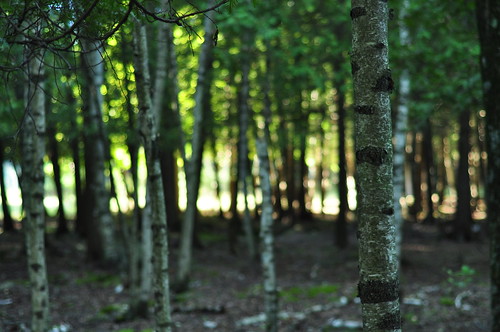A New-Old Call to Radical Christian Community
“Community”, “Radical Discipleship”, “Prophetic Witness”: An urgent and self-giving Christianity has taken hold of the imaginations of a new generation of the faithful. Group houses of sincere young folks earnestly desiring to live for Christ and serve the poor are springing up like daisies after a summer rain.
It is humbling to witness the movement of the Spirit in their work. Yet it is mournfully apparent that the language, aims, and means of our Christian communities are often defined by a narrow contingent of the movement or what might be the movement if our communities were accountable to anti-oppression work and in solidarity with those under the foot of kyriarchy in its many forms. In fact, the voices of women, queer people, people of color, those of immigrant or non-North American status, the economically disadvantaged, and the disabled are often secondary to the voices of celebrated white heterosexual North American men. And while certainly, our God’s cause is the cause of the poor, there is something troubling about our communities’ rhetoric and movement “to the margins”: it is a dangerous sense of entitlement that gives some of us the notion to obtain property and create ministries and services- often while lacking training or outside accountability. Many community houses have been started without the members having first developed a meaningful relationship with the community leaders and projects already underway, without having been invited to come nor having undertaken a serious analysis of the kinds of unjustly gained power that make some service providers and others receivers of services.
Yes, our God’s cause is the cause of the poor and the inspiration to give one’s life for God’s people- especially the most obviously vulnerable among us- is right and good. But the desire to give one’s life must not overcome a commitment to give that gift with a holy indifference that might lead one another way. (I am reminded of priests on foreign mission returning home, having been told that it was in disarming U.S. imperialism that they could best care for their beloved congregations abroad.) And while the lack of representation- and accountability- in our movements is casually acknowledged by many (“Sure, we’re mostly white, middle class, and male”), acknowledging it without committing to changing it perpetuates the unexamined privilege that underlies so many of our communities. It feeds the supremacy of whiteness, maleness, heterosexuality and class privilege in our most compelling “radical” North American Christian experiments and recreates the dynamics of oppression we name as sin.
January 27, 2011 Community, LGBTQ, liberation theology, Privilege, Race, Sexism Read more >
